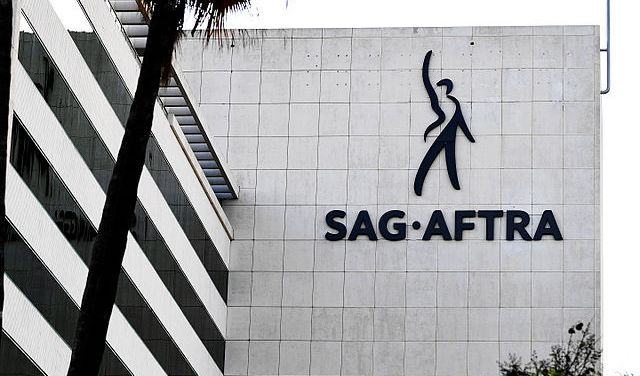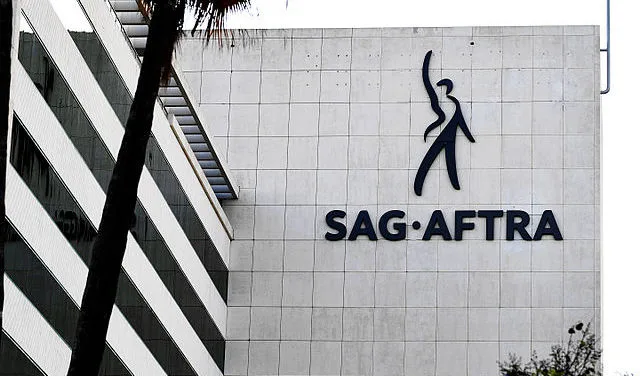Select Language:
Since July 2024, members of SAG-AFTRA (Screen Actors Guild — American Federation of Television and Radio Artists) have been striking over the usage of their performances and likenesses in video games. Recent communications suggest that new issues may prolong the strike. Union leaders highlighted “concerning loopholes” that could expose members to potential misuse by artificial intelligence, as reported by Eurogamer.
Yuri Lowenthal, the voice behind Spider-Man, addressed the situation in an interview with Variety earlier this month. He stated, “It really comes down to three key issues for me. Firstly, there’s consent: we don’t want the data we’ve provided to be used to create performances without our approval. Secondly is compensation: if our work is being repurposed, we should receive compensation for that. Otherwise, actors will find themselves unpaid, which could spell the end of our careers. Lastly, we need control—being able to monitor how our work is utilized and where it goes.”
The situation is intricate, with various components and perspectives at play. Lowenthal’s comments encapsulate the guild’s primary concerns. Many voice actors, including Jennifer Hale, known for her role as female Shepard in Mass Effect, share these sentiments.

In response to SAG-AFTRA’s concerns, Audrey Cooling, a spokesperson for the video game industry, issued a statement indicating, “We have put forward an offer that includes salary increases of over 15 percent for SAG-AFTRA members in the gaming sector, along with enhanced health and safety measures, leading industry standards for the use of AI-generated replicas in games, and additional earnings for any actor’s performance utilized in other titles.”
SAG-AFTRA has not made a public response to this latest proposal. As negotiations progress, the strike is likely to continue until a mutually agreeable solution is reached. The union has encouraged members who aren’t affiliated with other groups to decline work until video game studios agree to their stipulations.
This isn’t the first instance where voice actors have taken a stand for their rights. A prior strike lasting from late 2016 into 2017 occurred due to demands for fair compensation, which led to a resolution in September 2017.







